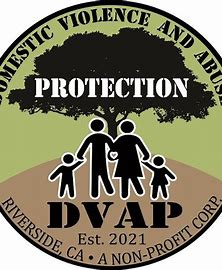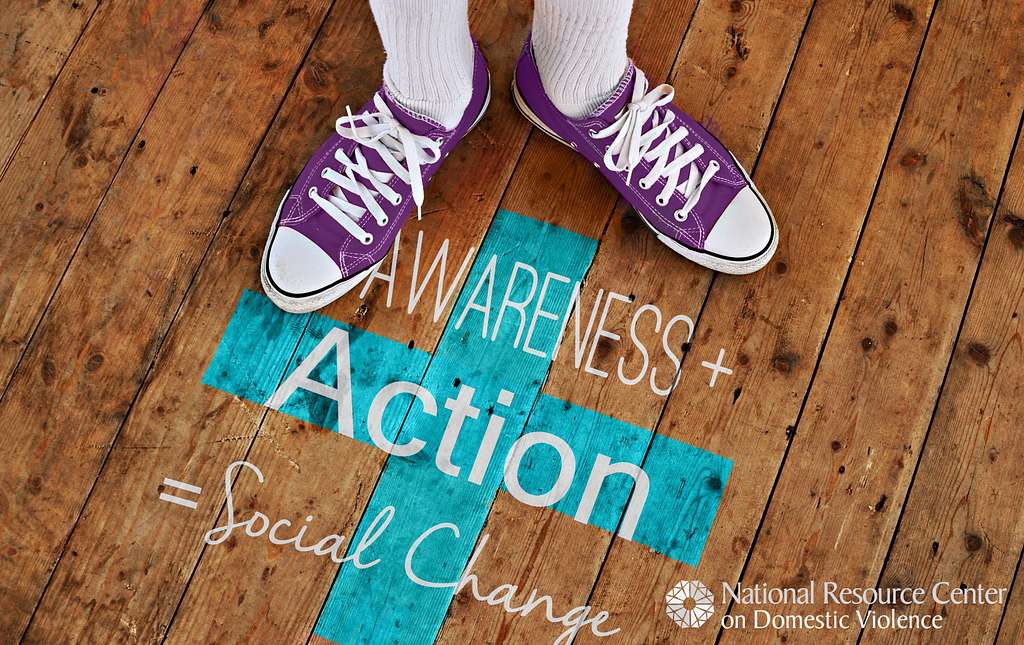In 1987, the National Coalition Against Domestic Violence crowned November as Domestic Violence Awareness Month.
Since 1987, Domestic Violence Awareness Month has grown exponentially with two main goals in mind: to raise awareness about the negative influence of domestic violence in our country and to give hope to the victims and survivors of domestic violence.
Domestic violence is a complex issue. To define it, I asked my dad, Detective Christian Vaughan, who specializes in domestic violence and elder abuse and knows these topics like the back of his hand. He said, “In the criminal justice system, ‘domestic violence’ or ‘intimate partner violence’ can be defined as the unwanted pattern of harassing, and/or abusive behavior that is used to gain or maintain power and control over their current (or former) intimate partner. Illegal conduct can include physical and sexual violence, as well as emotional, psychological, or economic abuse. Most of the abusers in my criminal cases will try and maintain their power and control by using the threat of physical and sexual violence to frighten, intimidate, terrorize, and manipulate their victims. Domestic Violence is one of the most pervasive, dangerous, and volatile crimes that police deal with daily. As a Detective who has specialized in domestic violence for over 17 years, I believe the best chance of preventing future domestic violence is through education and awareness, beginning at the High School level.”
According to domesticviolence.org, domestic violence happens a lot more often than most people would suspect: “Every year, right around 10 million people become victims of domestic violence, which equates to just about 20 people every minute. Those are some pretty big and startling numbers.”
So, the question then becomes, what can we do to help fix this problem?
First, being able to recognize domestic violence within our communities and relationships is key to prevention. On Rosary’s campus, there’s a club tackling this issue head-on, H.E.A.R.T. (Healthy Emotions and Attitudes in Relationships Today) Club president Sara Garcia ‘24 remarks, “Early recognition is so important. H.E.A.R.T. Club strives to raise awareness against domestic violence, which can start as early as high school relationships. Armed with this recognition, young women can live without fear and fully embrace their fundamental dignity.”
Domestic violence disproportionately affects women, so organizations like H.E.A.R.T. are essential in stopping domestic violence early-on. To learn more about H.E.A.R.T. or donate, go to their website (linked above).
Next, there are many organizations that support people, especially women, who are victims of domestic violence. Personally, there are a few that I would recommend donating to including:
- The Sheepfold, located in Orange County. The Sheepfold is a Christian organization that aims to house and care for women and children who are victims of domestic abuse and rehabilitate their lives through the influence of faith.
- Casa Teresa is another support organization that provides shelter for pregnant women and families in times of domestic violence related crisis.
- DVAP, located in Riverside, is a totally unique non-profit started by a brave Navy SEAL with some assistance from my dad. DVAP provides (security) protection for victims of domestic violence, elder abuse, and child abuse while victims go through the potentially dangerous process of seeking legal help.

Go to DVAP’s website to donate today! (Photo provided by Jeff Lee)
Finally, anyone can simply raise awareness about domestic violence by wearing purple! Purple represents (among other things) peace, courage, honor, and this color recognizes and commemorates the survivors of domestic violence. Wearing purple is a great way to encourage others to educate themselves about domestic violence and stand in solidarity with the survivors of abuse.
Celebrating Domestic Violence Awareness Month is fundamental to honoring the survivors of domestic violence. Since domestic violence is such a complex issue, I encourage anyone reading this article to do their own research and see what you can do to help.
If you or someone you know needs help regarding domestic violence, call the National Domestic Violence Hotline at 1-800-799-7233 or 1-800-787-3224.








